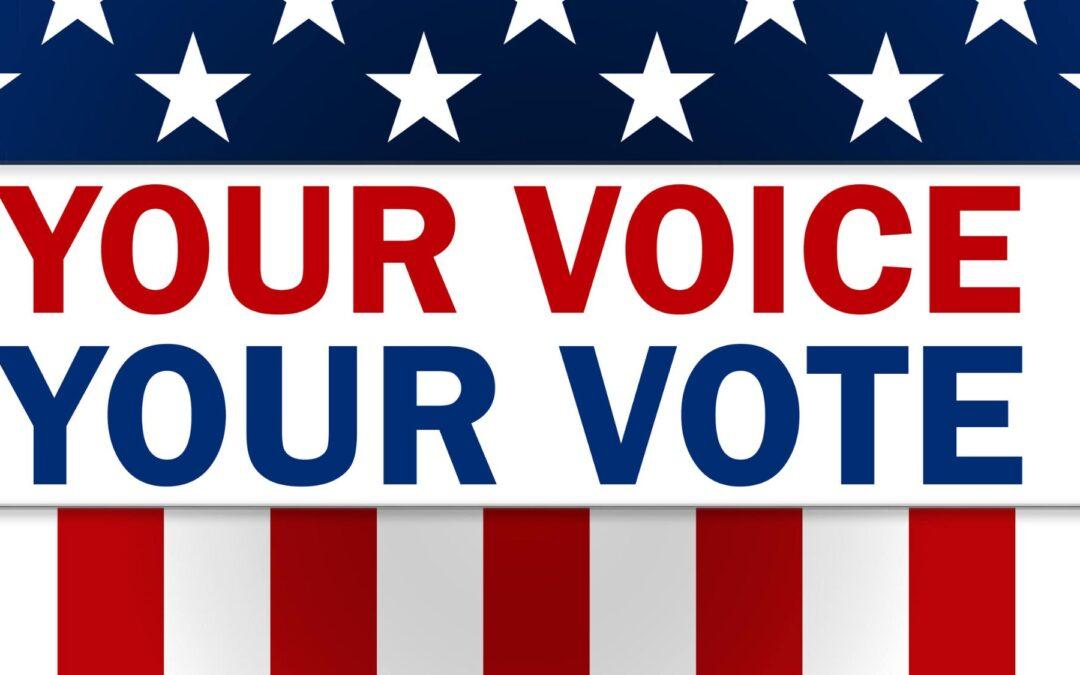Dear Friends,
Our country is in the final days of the four-year election cycle. Besides choosing our representatives and
national leaders, we have several issues on the ballot this year which demand a choice from us. The
ballot issues following the overturning of Roe v Wade may seem confusing. For this reason we are doing
bulletin inserts the next few weeks to help you make your choices. There is also on the ballot an attempt
by public school advocates to undo the school choice options that the Unicameral has passed. If the
anti-school choice initiative passes it will hurt efforts to raise funds for our students at All Saints School.
There may be a temptation to seek to ignore all of this and specifically to avoid it when we come to
church. Most of us try to avoid conflict with our neighbors and friends, but elections force us to make
decisions that others may not like. Elections make it difficult to hide where we stand. The Church’s
obligation to participate in shaping the moral character of society is a requirement of our faith. It is a
basic part of the mission we have received from Jesus Christ, who offers a vision of life revealed to us in
Scripture and Tradition.
As the U.S. Bishops have said, Christ’s love for us lets us see our human dignity in full clarity and compels
us to love our neighbors as he has loved us. Christ, the Teacher, shows us what is true and good, that is,
what is in accord with our human nature as free, intelligent beings created in God’s image and likeness
and endowed by the Creator with dignity and rights as well as duties. Christ also reveals to us the
weaknesses that are part of all human endeavors. In the language of revelation, we are confronted with
sin, both personal and structural. “The Church’s wisdom,” according to Pope Benedict XVI, “has always
pointed to the presence of original sin in social conditions and in the structure of society.”
All “structures of sin,” as St. John Paul II calls them, “are rooted in personal sin, and thus always linked to
the concrete acts of individuals who introduce these structures, consolidate them and make them
difficult to remove.” Thus, our faith helps us understand that the pursuit of a civilization of love must
address our own failures and the ways in which these failures distort the broader ordering of the society
in which we live. In the words of the Catechism of the Catholic Church, “Ignorance of the fact that man
has a wounded nature inclined to evil gives rise to serious errors in the areas of education, politics, social
action and morals.”
As Pope Francis, quoting Pope Benedict XVI, reaffirmed in Evangelii Gaudium, “We need to be convinced
that charity ‘is the principle not only of micro-relationships (with friends, with family members or within
small groups) but also of macro-relationships (social, economic and political ones)’”.
What faith teaches about the dignity of the human person, about the sacredness of every human life,
and about humanity’s strengths and weaknesses helps us see more clearly the same truths that also
come to us through the gift of human reason. At the center of these truths is respect for the dignity of
every person. This is the core of Catholic moral and social teaching. Because we are people of both faith
and reason, it is appropriate and necessary for us to bring this essential truth about human life and
dignity to the public square. We are called to practice Christ’s commandment to “love one another”. We
are also called to promote the well-being of all, to share our blessings with those most in need, to defend
marriage, and to protect the lives and dignity of all, especially the weak, the vulnerable, the voiceless…
The obligation to participate in political life is rooted in our baptismal commitment to follow Jesus Christ
and to bear Christian witness in all we do. As the Catechism of the Catholic Church reminds us, “It is
necessary that all participate, each according to his position and role, in promoting the common good.
This obligation is inherent in the dignity of the human person. . . As far as possible citizens should take an
active part in public life.”
There you have it. It is an obligation that each of us has because we follow Jesus. Like it or not, you need
to make choices and make sure those choices make it to the ballot. Over the next few weeks, pray and
learn and then in November, vote.
Peace,
Fr. Damian



